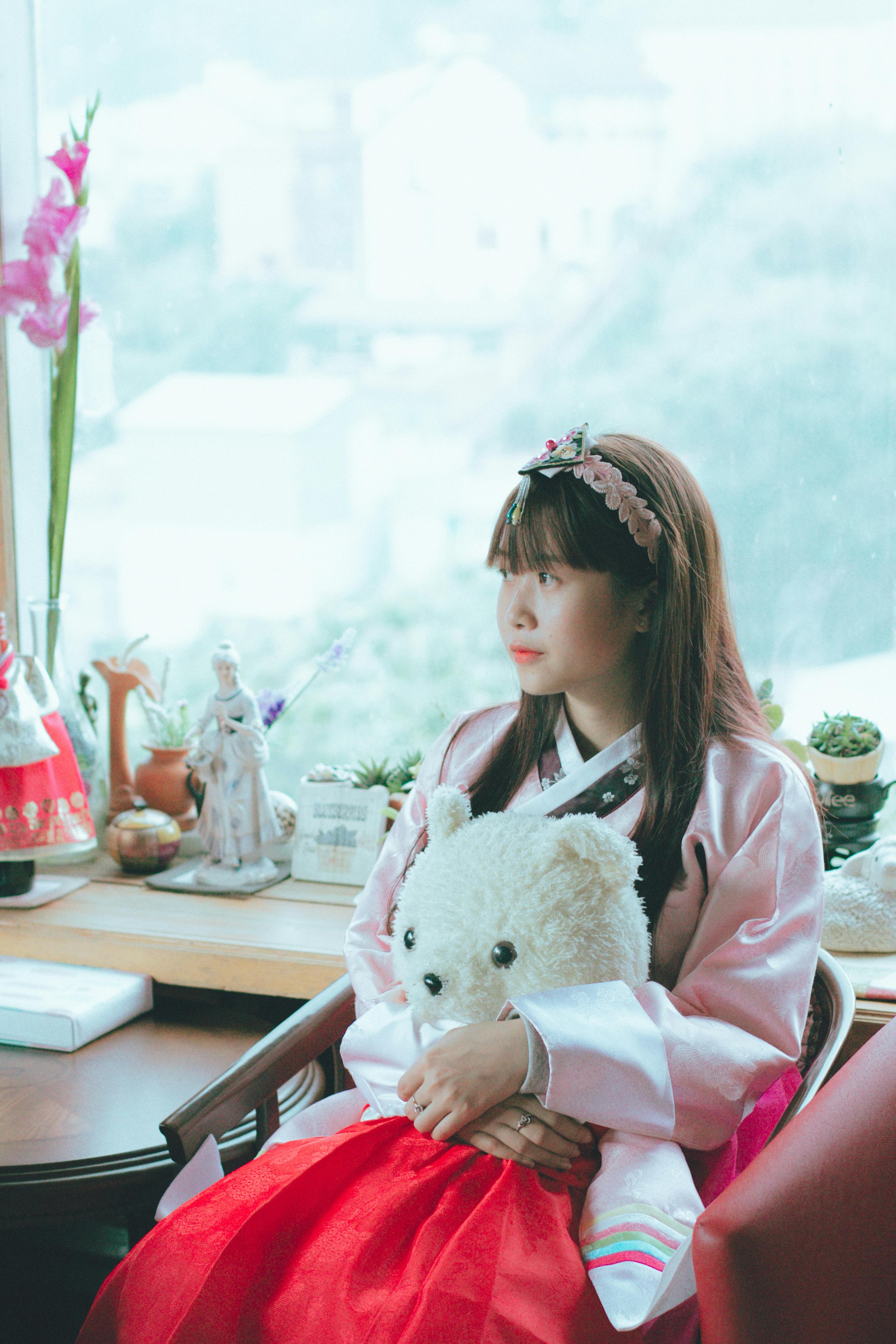Filipino wedding traditions are more than simply religious ceremonies. They include an array of fun and traditional rituals. Some of these rituals are performed by relatives, while others will be by benefactors.
One of many most significant rituals within a Filipino marriage ceremony is the pamamanhikan. In this ritual, the bride and groom check with their parents’ benefit. This is done in order to demonstrate respect and appreciation for their parents. Many couples still proceed through this custom, even in modern marriages.
Another practice is the wire ceremony. This can be a centuries-old custom in the Korea. A white cord is usually tied around the couple in a figure-eight shape. It truly is believed to represent everlasting love and fidelity. The sponsor then simply folds the power cord into a great infinity symbol.

One other popular Philippine wedding routine is the money dance. This can be a fun and symbolic tradition. Customarily, 13 cash were offered towards the bride and groom during the wedding ceremony ceremony. Almost all of the coins depict Christ and his apostles. These coins also served as dowry. Traditionally, these types of coins were made of silver, but many other materials are available. Through the ceremony, a Filipino endroit bearer carries a small handbag with thirteen coins.
Before the wedding party, the soon-to-be husband runs tasks for the bride’s family members for several weeks. He may end up being asked to travel to a cathedral or the cruel of an essential relative.
During the wedding, the bride and groom are surrounded by their families. This is a time so they can bond with the new family. For youthful couples, this is also a chance to chuck bouquets during the reception. Sometimes, the bouquets are placed before a statue of a consumer saint or an image of an loved one.
The bride and groom as well give funds gifts for the guests. Effortless that this significance represents all their wealth and protection. Money gifts double to compliment the newlyweds.
Filipino weddings are a large celebration. Each family group participates in the marriage ceremony. There are also many sponsors and secondary beneficiaries. Secondary benefactors are important friends who may play a role in the marriage. Although their capabilities differ from the main sponsors, they all play an essential role in the wedding party.
Through the wedding, the sponsors engage in a prayer intended for the bride and groom. The beneficiaries, so, who are usually bayanihan, engage in prayers of blessing and support the couple. Bayanihan may be a localized phrase for “cooperative undertaking. ” Nowadays, it is now more of a moral support and recommendations.
Within a Filipino marriage, the woman and groom need to ask the parents’ approval. That is a traditional routine, but some couples choose to let it stay out. Despite the practice’s detractors, many couples still http://www.city-data.com/forum/relationships/1631524-my-funny-online-dating-profile-rant.html take part in this ritual.
An important element of a Philippine filipino guy dating tips wedding filipino brides is a yugal. The yugal is a silken cord that is generally woven by mother of the bride. After falling within the shoulders of your couple, this symbolizes eternal love and faithfulness.









